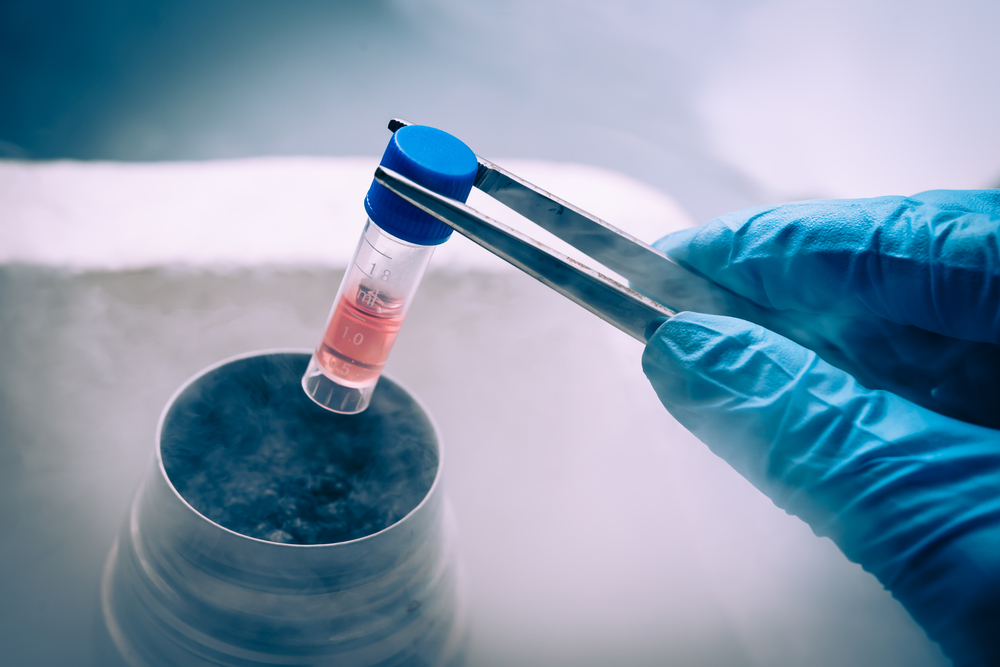Phase 1 Clinical Trial Shows Safety of Stem-Cell Based Therapy in ALS Patients

In a new study entitled “Phase I Trial of Repeated Intrathecal Autologous Bone Marrow-derived Mesenchymal Stromal Cells in Amyotrophic Lateral Sclerosis,” researchers performed a safety study with stem cells based therapy to treat Amyotrophic Lateral Sclerosis patients and concluded it as a safe and promising therapy. The study reports the results of a Phase 1 Clinical Trial and was published in the journal STEM CELLS Translational Medicine.
Amyotrophic Lateral Sclerosis (ALS) is a progressive neurodegenerative disease characterized by the ultimate death of motor neurons in the brain and spinal cord. As a result, the brain control of muscle movement is lost and patients end up losing the ability speak, eat, move and breathe.
In this study, a research team at the Hanyang University and at the Corestem Inc., both in Seoul, South Korea with colleagues at Inje University College of Medicine in Busan, South Korea tested whether a stem-cell based therapy was safe and beneficial to ALS patients. The rational behind its use is the fact that stem cells may regenerate lost cells and carry anti-inflammatory properties.
Specifically, in this study, an open-label phase I clinical trial, the teams evaluated the safety and efficacy of delivering two repeated intrathecal injections (i.e., introduction of a therapeutic substance by injection into the subarachnoid space of the spinal cord) of autologous bone marrow (BM)-derived mesenchymal stromal cells (MSCs) — cells found in the bone marrow and capable of generating several cell types, including osteoblasts (bone cells), chondrocytes (cartilage cells), myocytes (muscle cells) and adipocytes (fat cells). To this end, seven out of eight ALS patients (with already confirmed diagnosis or with high probability of positive confirmation) were injected with 2 intrathecal injections of autologous MSCs (1 × 106 cells per kg), with 26 days separating each injection. (Of note, the MSCs were isolated previously from each patient and expanded for 28 days in in vitro conditions before being injected back into the respective patient). The safety of injections was determined after a 12 months period after the first injection, when the team observed no serious adverse events and no worsening symptoms during the follow-up period.
As noted by the trial’s co-leader Ki-Wook Oh M.D. also of HU’s neurology department “No serious adverse events were observed during this period. Additionally there was no advancement in ALS symptoms in any of the patients during the 12-month period. This study shows that stem cells as a therapeutic approach for ALS are feasible and well-tolerated at least for 12 months supporting the need for a late-stage clinical trial to examine their in-depth safety biological effects and efficacy. Randomized semi-double blind controlled phase 2 clinical data on 72 ALS patients which recently was submitted to the Korean FDA will be released in the near future.”






